 Welcome to the Feedbag, where all the dumb questions about food, drink, cooking, eating, and accidental finger removal you've been embarrassed to ask can finally receive the berating they goddamn deserve. Also: answers. Send all your even-vaguely-food-related questions to albertburneko@gmail.com. All of them.
Welcome to the Feedbag, where all the dumb questions about food, drink, cooking, eating, and accidental finger removal you've been embarrassed to ask can finally receive the berating they goddamn deserve. Also: answers. Send all your even-vaguely-food-related questions to albertburneko@gmail.com. All of them.
Christopher:
I'm trying to improve my cooking - basically just get a recipe from somewhere and give it a go.
What I don't know how to figure out is when I think to myself "This needs something" - how do I learn to figure out what that something is?
I realize people train for years cooking and building a refined palate and all that crap.
Or they watch the Cooking Channel for three hours and decide to become internet food columnists!
I'm sorry. You were saying?
But where does a novice begin other than just throwing spices into whatever is being cooked?
For example, I made the foodspin chili a few weeks ago. It was tasty, but I felt like it needed something - that might have just been salt, but I don't want to just throw salt at everything all the time.
Basically is there a method, thought process to determine - this needs acid, or salt, or fat etc?
I don't think there's any foolproof method for this. That is to say, nothing is going to magically perfect your ability to add exactly the right touch to each dish, short of years and years and years of cooking many different dishes using a wide assortment of ingredients and techniques. If you watch Chopped a couple of times like I did that one night when I received literally all the cooking training I will ever have, you'll know that even experienced, professional, highly accomplished chefs still get hit, from time to time, with the dread criticism that their dish lacks flavor. And then Scott Conant is all I hate red onions! and then he jumps in a Ferrari with Tubbs and they screech off to arrest some drug lords or whatever.
And, really, that's what you're saying when you say that a dish "needs something," isn't it? It's that you've trimmed and chopped and seasoned and cooked and combined all this different good-tasting shit, and then you taste the combination of all this different good-tasting shit, and somehow it doesn't taste like anything, even though all its constituent parts taste like things, which doesn't make any sense and is kind of infuriating.
There are a couple of things you can do to help yourself. The first, ridiculous as it may seem, is to taste your food and, as you're gnashing it between your jagged snaggleteeth, go through a mental checklist of all the different taste qualities you're detecting. So, like, take a spoonful of the chili, put it in your mouth, and as you're chewing it and tasting it, literally scream out loud, at the top of your lungs and to the tune of "Ride Like the Wind" by Christopher Cross, "Hmm, OK, so it's salty, it's hot, it's fatty, it's meaty, it's burning the roof of my mouth, oh God that hurts..." and so on. If you're thinking in terms of the basic adjectives you'd use to describe food—salty, tart, bitter, sweet, and so on—you might occasionally find that the process of elimination helps you hit on what your dish is lacking. Which will almost always be acid.
Which brings us to the second thing you can do to help yourself figure out what your dish needs, which is just to add some acid to it, because that is what it needs, unless it is a beaker of sulfuric acid, in which case it probably needs some salt. Home cooks tend to go light on acid, and you're likely no exception. Yeah, sure, there are probably recipes where the missing something is salt, or heat, or some fatty richness, or some bitterness or crunch or some sliced hot dogs or whatever, but the likeliest thing your food is lacking if, when you taste it, it just isn't exciting your palate, is acid. You can get this from tomatoes, citrus fruits, or even a splash or two of vinegar. Play around with it. I bet I'm right.
Alex:
I’m currently living in a condo building with a small-ish patio on the 32nd floor in Chicago. Looking for the best grill I can safely use in this situation. Can’t use charcoal for sure nor can we use propane (I think), are there any outdoor electric grills out there that standout from the rest?
Thanks!
The 32nd floor? Christ, Alex, you don't need a grill, you need a goddamn spacesuit. Put a plate on the sidewalk out front, drop a steak from your patio, and it'll cook as it re-enters the atmosphere. Or, if that sounds like too much work, just stand on your patio, hold your meat up above your head, and sear it against the surface of the Sun.
But seriously (use the Sun). The merits of grilling are:
-
1) That grilling enables you to cook things at temperatures which would tend to produce too much smoke indoors;
-
2) That, if you are grilling over charcoal or wood fire, these will impart a pleasant taste to the food cooked above them; and
-
3) That cooking outdoors is a fun thing to do.
That last one doesn't apply to you, since going out on your patio puts you at risk for fatal hypoxia, cerebral and pulmonary edema, and just kind of floating off into outer space. And, the middle one doesn't apply either, since you're disallowed from using charcoal or wood fire (presumably because the smoke could damage passing telecommunications satellites). So, really, you're thinking you need a grill so that you can put sexy grill-lines on your food and make it all caramelized on the outside without smoking up and possibly igniting the artificial pure-oxygen environment inside your Space Station.
That's a fair concern, but I think my recommendation here is that, rather than looking for an electric grill which, even in the best-case scenario, will still not replicate the flavor benefits of cooking over charcoal, you invest in a sturdy cast iron skillet (and/or a stovetop griddle) and some high-smoke-point fat (canola oil, for example, or ghee), turn on your ventilation fan, open a couple of windows, and get comfortable sear-roasting (and just regular old roasting) things in your kitchen instead.
Your stovetop can produce high enough temperatures to pretty well nuke damn near anything you're likely to cook on it, and a cast iron skillet can handle that heat without turning anything cooked on it into a giant ball of cancer, as nonstick pans do. Likewise, at its highest settings your oven can put a serious hurting on, for example, bell peppers, which you might typically slap on a hot grill to burn their skins off. Yeah, this might occasionally entail some (lots of) (all of the) smoke, but not as often as you might expect, if you get the ventilation fan started beforehand and make generous use of that sturdy fat.
Or, hell, if you absolutely must purchase a grill, I've read and been told that infrared electric grills get hot enough to sear beef, which is really as hot as you'd ever need them to be. Thankfully (or, well, it sucks for you, I guess) I've never had to use one, but I figure even in the worst-case scenario, an infrared electric grill is a better outdoor cooking option than, say, rubbing your chicken breasts along the patio floor to heat them with friction. Give it a shot.
Shit, man, this hasn't been helpful at all. The important thing is, I got to make fun of your home.
Blue Raja:
I do the majority of the cooking for my girlfriend and me, and find myself cooking for larger groups of people fairly often as well. I also love meat because, you know, meat. So I am constantly paranoid about bacteria and disease and killing my friends. I have a fairly decent grasp of cooking times and temp so no issue there, but I always end up washing everything constantly and going through a million utensils every time I make a meal. Any quick food handling advice as far as various proteins are concerned? Any suggestions for places to find that kind information? Thanks for the help.
Raja, I sympathize. I also handle a lot of raw meat in my kitchen, and the cleanup afterward can be a big pain in the ass. The best food-handling advice I can give you is to think of the absolute best meal you ever ate in a restaurant in your life, and then wrack your brain to see if you can remember whether that meal caused you to die of dysentery. Probably not, right? OK. Now consider that that restaurant's kitchen was considerably filthier than your average hospital cleanroom. You're worrying too much.
Wash your hands whenever you're going to transition from handling raw meat to handling anything else; be smart about organizing your tasks so that you do as much of your raw-meat-handling as possible in one go; if you're doing any butchering or carving, do it on a dedicated cutting board, and sock that fucker in the dishwasher as soon as you're done using it. Buy a spray bottle of a kitchen cleaner with bleach in it and spritz the countertop after you've finished working with the raw stuff. And, above all else, try to relax a little bit. You're not going to kill your friends and family just because you don't have an autoclave in your kitchen. No, you're going to kill them for entirely different, as-yet-unrevealed reasons.
Ned:
What are your tips for eating well in a college setting? I love Ramen noodles as much as the next guy butttttt I'd like to see if there's anyway for me to step my college food game up.
Ned, I'm never going to have anything better to say about this than Tom Ley's guide to enjoyable ramen, not only because it's ingenious, but because I don't know anything at all about eating well in a college setting. There's, like, a cafeteria or some shit, right? And, like, do you eat Funyuns with your binge drinking or something? In my imagination, the diet of a collegian consists entirely of Funyuns, ramen, Pop-Tarts, and, like, beer mixed with vodka mixed with melted popsicles. Which, I dunno, does that really need to be improved upon? Buy a bottle of sriracha, and see what kind of trouble you can get into with it. It goes great* in melted popsicle juice.
*Probably.
Send your Feedbag questions to albertburneko@gmail.com, and follow Foodspin here. Image by Jim Cooke.
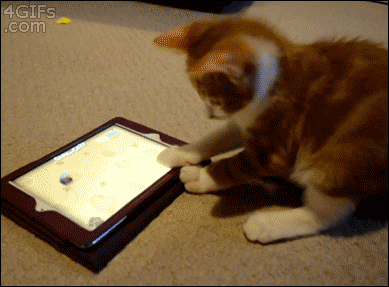



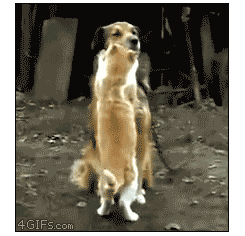




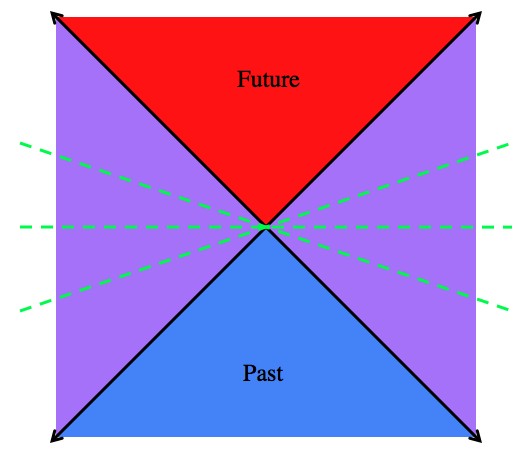
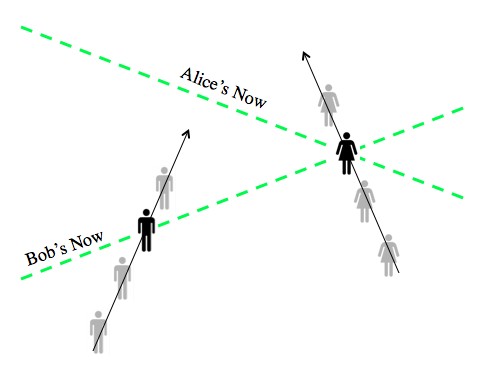



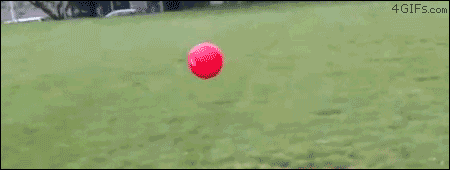




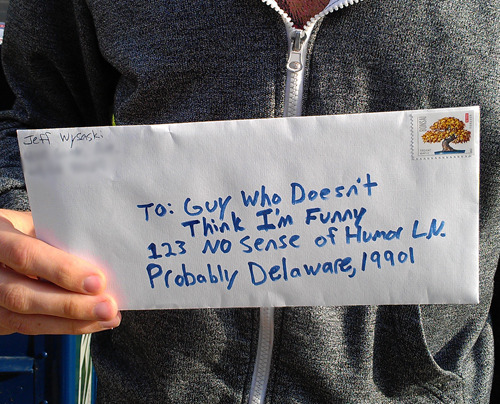










 Welcome to the Feedbag, where all the dumb questions about food, drink, cooking, eating, and accidental finger removal you've been embarrassed to ask can finally receive the berating they goddamn deserve. Also: answers. Send all your even-vaguely-food-related questions to
Welcome to the Feedbag, where all the dumb questions about food, drink, cooking, eating, and accidental finger removal you've been embarrassed to ask can finally receive the berating they goddamn deserve. Also: answers. Send all your even-vaguely-food-related questions to 


